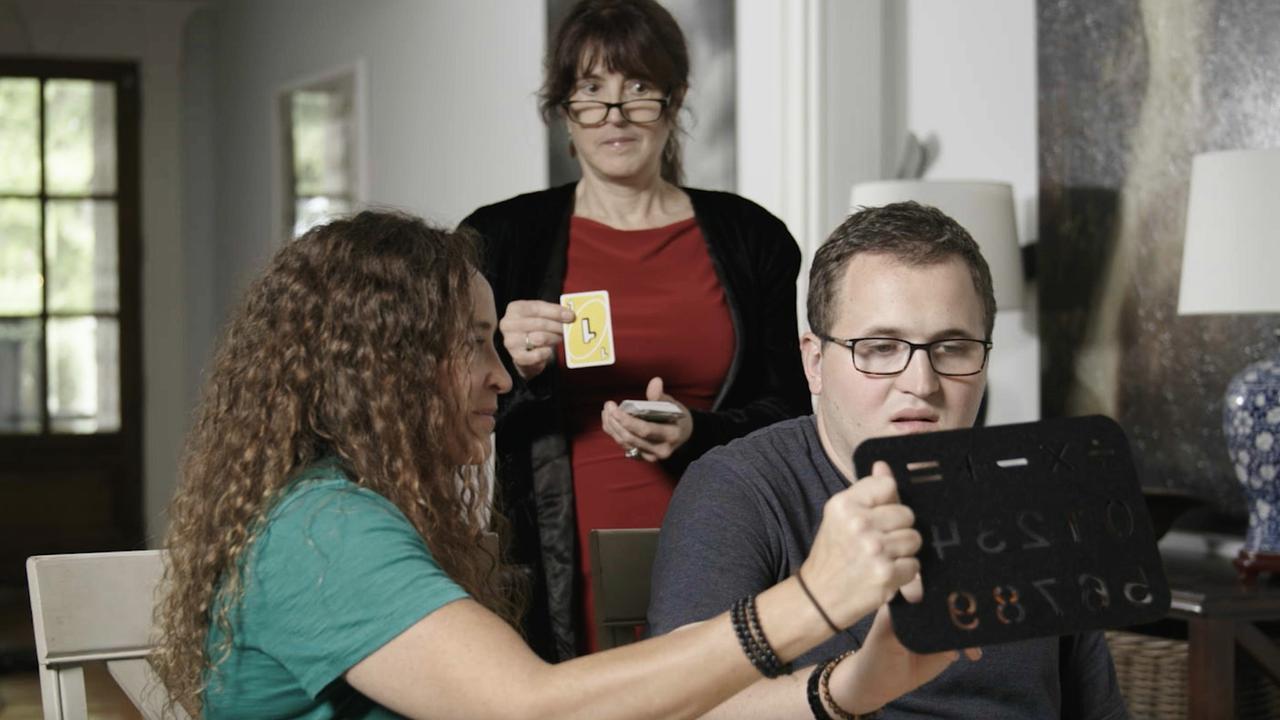Novelist Anthony Trollope neither our first nor foremost ‘celebrity’
NIGEL Starck has written an elegant and entertaining not-quite book on renowned English novelist Anthony Trollope.

WE are not kept waiting long: ‘‘the first celebrity’’ of Nigel Starck’s title is renowned English novelist Anthony Trollope, who spent more than a year in Australia during two trips in 1871-72 and 1875.
The personal reason for the arduous journeys that Trollope made with his wife Rose (which entailed some rough bush travel, sometimes 100km a day on horseback) was to see what might be rescued from the failing sheep station, Mortray, north of Grenfell, NSW, run by his younger son Fred.
Paternal solicitude was combined with pecuniary interest, as Trollope contracted not only to write a book about Australia and New Zealand for publisher Chapman and Hall but also to recycle the material for articles in the Daily Telegraph. Before he made landfall in Melbourne, Trollope had used the 64-day voyage to write a novel, Lady Anna, the first of several of his books into which he worked an Australian connection.
But was Trollope ‘‘the first celebrity’’, that is, the first person with an international reputation to visit Australia? In 1836 Charles Darwin was early in the process of making his name and changing the nature of what it meant to be human. When she came to the Victorian goldfields in 1855, ‘‘the exotic and erotic dancer’’ Lola Montez was canny enough to play up to her reputation. Nor does Starck neglect the visit of Queen Victoria’s fourth child, Prince Alfred, in 1867 and 1868.
Two of Charles Dickens’s sons settled, not happily, in Australia, but the great writer cancelled a scheduled tour to complete Our Mutual Friend.
Trollope’s primacy was to be an early English-speaking writer in what would become of long line of such commentators on Australia. Their opinions en route were scrutinised by their hosts keenly and often with offended dignity. Astutely appreciative of many aspects of Australian life, Trollope was never entirely forgiven for remarking its people’s tendency to ‘‘blow’’, or boast.
This gave less offence than Rudyard Kipling’s poem The Song of the Cities (that is grand metropolises of the British Empire), the Sydney section of which began ‘‘Greeting! My birth-stain have I turned to gold’’, while this is what Hobart said for itself: ‘‘Man’s love first found me; man’s hate made me Hell’’. Trollope was also alert to the island’s convict past. On a visit to Port Arthur in 1872 he interviewed the remaining 15 prisoners, ‘‘the heroes of the place’’ as he called them. He predicted the site would ‘‘fall into dust and men will make unfrequent (sic) excursions to visit the strange ruins’’. As Starck points out, this was one of Trollope’s forecasts that proved wrong. Nevertheless he delighted his hosts by announcing, conditionally, that ‘‘could I choose the colony in which I was to live, I would pitch my staff in Tasmania’’. His itinerary made other demands, and Trollope took ship for Western Australia.
The First Celebrity is generously introduced by English author Joanna Trollope, an indirect descendant of the novelist. Too much of Starck’s short book is concerned not so much with Anthony Trollope as with the pattern of succession to the Trollope baronetcy, and its interruptions by lack of male issue and death in the Great War.
All the novelist’s direct descendants are now Australians by birth, including ‘‘the seventeenth baronet … a broad-shouldered former rugby player’’. Starck has rewarded their hospitality by his detailed attention to heirs, heirs presumptive and family trees. Readers are likelier to wish him back to the 19th century, where the narrative is enlivened by tales of Trollope the clubbable after-dinner speaker, or of him sporting with Maori women in a hot spring. There are poignant touches too, as in the reckoning of Fred Trollope as ‘‘a man often rendered lonely by calling and disconsolate by circumstance’’.
Starck has written an elegant and entertaining not-quite book. He praises the ‘‘haste and discipline with which (Trollope) filed his impressions’’, yet laments the author’s failure to edit his vast Australasian opus.
Trollope appears as a Victorian Hero of Labour, although an endearing one. When his friend George Eliot sighed that some days she could not write a line, Trollope consoled her: ‘‘with my mechanical stuff it’s a sheer matter of industry’’. When he came to Australia first, Trollope’s reputation was in slow decline, yet — paradoxically — his greatest novel, The Way We Live Now (1875), was still to come. Of that same subject, the first celebrity also had much of a thoughtful and encouraging kind to tell the antipodean cousins of the empire.
Peter Pierce edited the Cambridge History of Australian Literature.
The First Celebrity: Anthony Trollope’s Australasian Odyssey
By Nigel Starck
Lansdown Media, 195pp, $29.95


